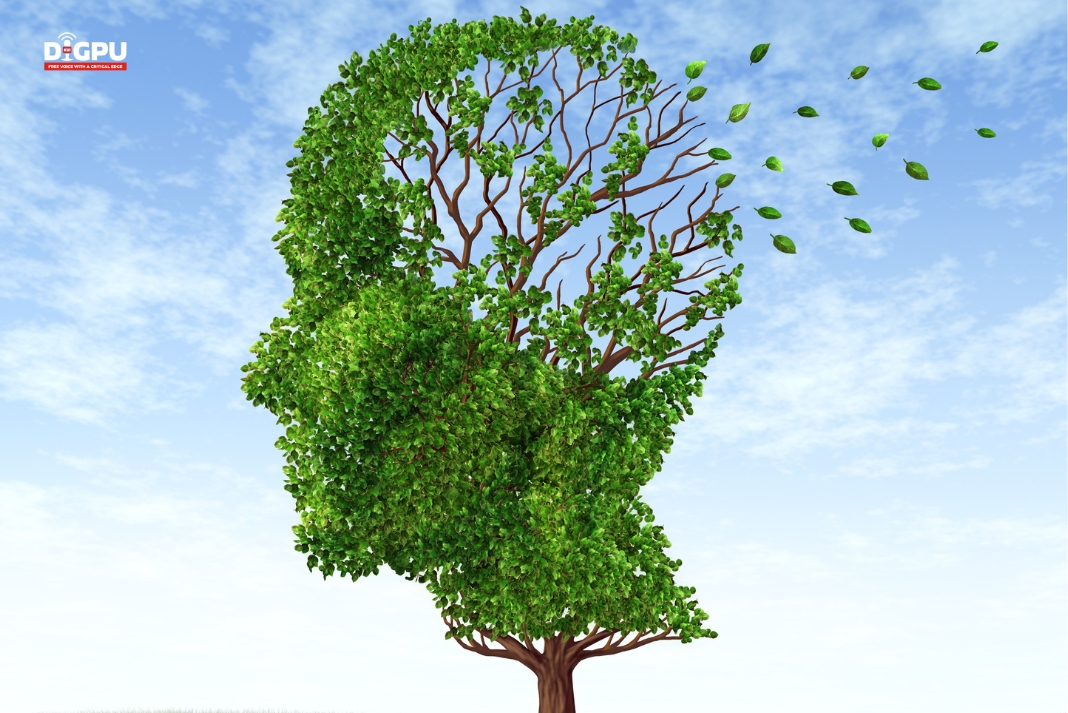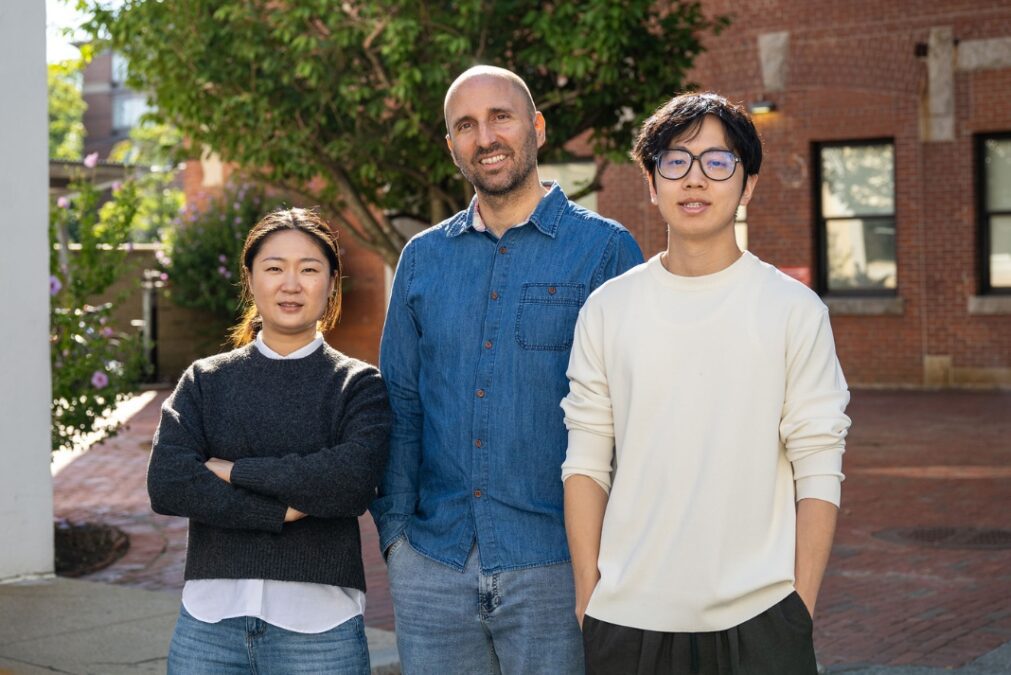Why Do Some Memories Stick While Others Fade?

Why do we vividly remember some life moments while others slip away? A new study from Boston University offers a fascinating clue. The research, published in Science Advances, shows that even everyday memories can gain strength if they are connected to a powerful emotional event.
Imagine hitting the jackpot in a lottery. You would not only remember the thrill of winning but also recall what you were doing just before the numbers were drawn. This phenomenon, according to the researchers, reveals how our brains decide what is worth keeping.
Robert M.G. Reinhart, associate professor of psychological and brain sciences at BU, explains it this way: “Our brains decide what matters. Emotional events can reach back in time to stabilize fragile memories.”
 Boston University neuroscientist Robert Reinhart (center) studied memory mechanisms with Wen Wen (left), a postdoctoral research associate, and Chenyang (Leo) Lin (GRS’30).
Boston University neuroscientist Robert Reinhart (center) studied memory mechanisms with Wen Wen (left), a postdoctoral research associate, and Chenyang (Leo) Lin (GRS’30).
A Sliding Scale of Memory
The study involved nearly 650 participants across 10 experiments. By showing people dozens of images tied to varying rewards, the team later surprised them with memory tests. Results showed that memory works on a sliding scale.
-
Memories after an event were stronger when the main event carried a big emotional punch.
-
Memories before an event were more likely to survive if they had something in common with the big moment, such as a color or visual cue.
The researchers call this effect “graded prioritization,” meaning the brain carefully weighs which fragile memories to protect.
Why It Matters
This discovery is more than just a scientific curiosity. It may help educators improve learning by linking difficult topics with emotionally engaging material. It could also guide new treatments for memory loss, such as rescuing fading memories in older adults.
At the same time, the findings have potential for people dealing with trauma. If emotional events can preserve fragile memories, scientists may also find ways to prevent distressing experiences from being unnecessarily reinforced.
Chenyang (Leo) Lin, the lead author of the paper and a doctoral student at BU, says it best: “It is not just timing that matters, but also conceptual overlap.”
Looking Ahead
The research highlights that our minds are not simple recording devices. They are active curators, protecting some details while discarding others. By understanding how this process works, scientists are opening possibilities that could change the way we learn, heal, and even reshape the memories that define us.
The post Why Do Some Memories Stick While Others Fade? appeared first on Digpu News.
News